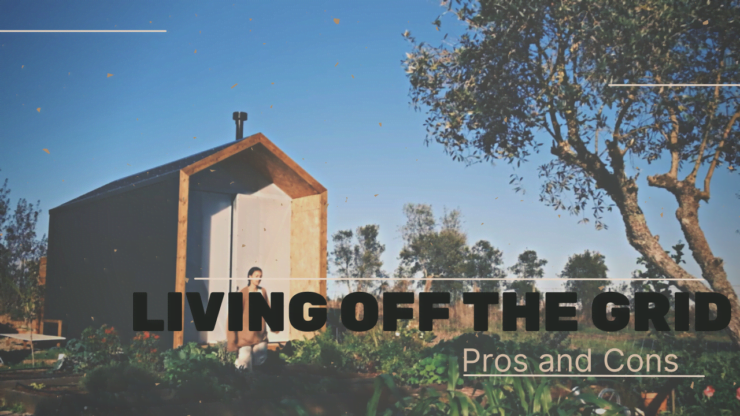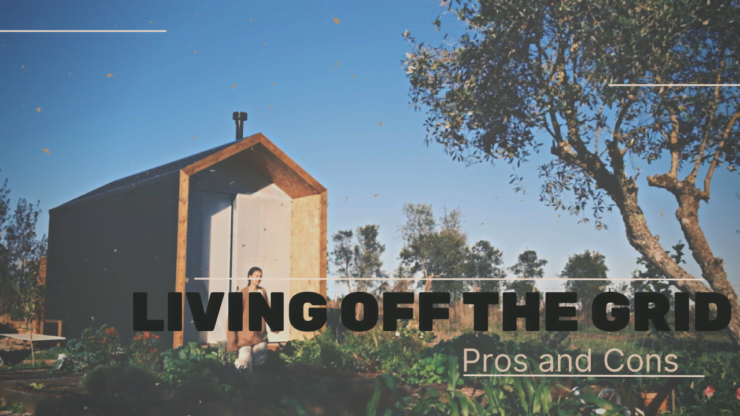Living off the grid may seem like an appealing lifestyle, offering a sense of freedom and self-sufficiency that many crave. However, it is important to weigh the pros against the cons before making such a significant decision. On one hand, there are advantages like reducing your carbon footprint and being less reliant on traditional energy sources. But on the other hand, there are challenges such as the initial costs of setting up off-grid systems, the renouncement of everyday comforts, and the need for self-sufficiency in waste management and emergency preparedness. Additionally, living off the grid can limit access to modern conveniences and may even pose higher risks during emergency situations. Ultimately, choosing to live off the grid requires careful consideration and a willingness to embrace a less conventional way of life.
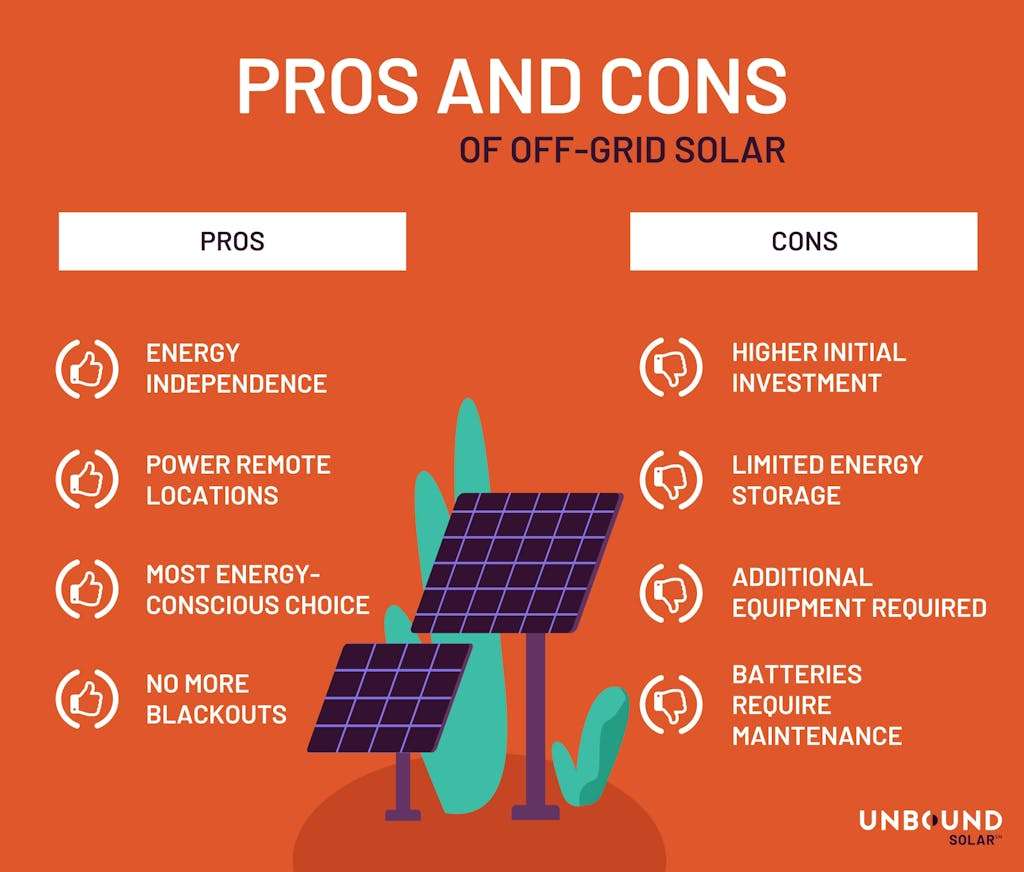
Initial costs
Living off the grid has its fair share of challenges, and one of the first hurdles to overcome is the initial costs. Investing in off-grid systems such as solar panels, wind turbines, and water collection systems requires a significant upfront expense. These systems are essential for generating power and collecting water, but they can be costly to purchase and install.
Moreover, living off the grid involves a financial commitment that goes beyond the initial setup. Maintenance of the off-grid systems, regular replacement of batteries, and ensuring a constant supply of fuel for backup generators can all add up over time. In addition, the cost of purchasing and storing enough food supplies to sustain your household can be a considerable financial commitment.
Lifestyle changes
Living off the grid requires a fundamental shift in lifestyle and the renouncement of everyday comforts that many of us take for granted. Going off-grid means embracing self-sufficiency in all aspects of life, from food production to waste management. This level of self-sufficiency demands dedication and time.
To truly be off the grid, you must be willing to grow your own food, which means cultivating a garden and raising livestock if possible. This takes knowledge, effort, and a considerable amount of time. Additionally, you need to learn how to store food properly to ensure it lasts throughout the year.
Limited access
Living off the grid means living in more remote areas, away from cities and towns. While this seclusion offers a sense of peace and solitude, it also comes with certain limitations. Lack of modern conveniences, like reliable internet access, can be a difficulty for those who rely on the internet for work or entertainment.
Furthermore, living off the grid often means limited access to amenities such as grocery stores, healthcare facilities, and other basic services. The nearest town or city may be a long drive away, making it challenging to access essential goods and services.
Power limitations
Reliance on alternative energy sources, such as solar panels and wind turbines, means occasional power limitations. While these systems can generate enough energy for everyday needs, they may struggle to supply power during periods of reduced sunlight or low wind. This can result in temporary power shortages, requiring individuals living off the grid to conserve energy and adjust their usage accordingly.
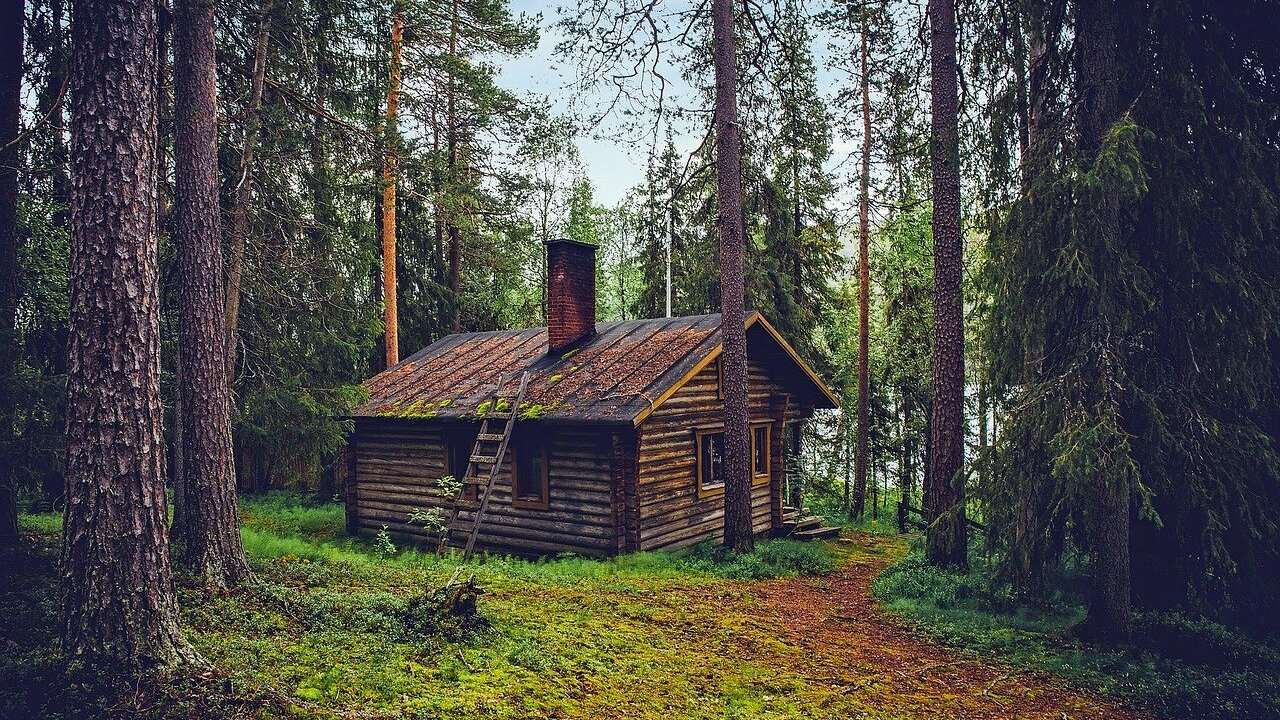
Self-sufficiency
Living off the grid also means taking full responsibility for waste management, water treatment, and emergency preparedness. Waste management includes composting, recycling, and finding ways to minimize waste generation. Water treatment involves ensuring a clean and safe water supply for drinking, cooking, and cleaning. Emergency preparedness is essential to address unexpected situations like power outages, harsh weather conditions, or medical emergencies.
Being self-sufficient in waste management, water treatment, and emergency preparedness requires knowledge, skills, and dedication. It is important to learn the necessary techniques and practices for each of these areas to ensure a sustainable and safe off-grid lifestyle.
Maintenance
Maintaining an off-grid system requires a certain level of DIY skills. From checking and cleaning solar panels to repairing wind turbines or troubleshooting battery issues, individuals living off the grid need to understand and be able to solve problems related to their power systems.
Moreover, off-grid living can be physically demanding and time-consuming. From collecting firewood for heating to performing routine maintenance on water treatment systems, there is a constant workload that cannot be ignored. Regular maintenance is essential to ensure the smooth operation of off-grid systems and to avoid unnecessary breakdowns or emergencies.
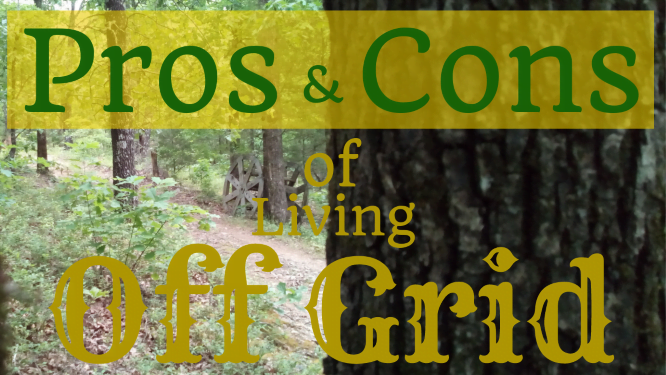
Loneliness and isolation
Living off the grid can be a solitary experience for some individuals. The seclusion that comes with remote living can lead to feelings of loneliness, especially if there is a lack of social interactions. The absence of neighbors or nearby communities can make it challenging to connect with others and may require additional effort to maintain social connections.
It is important to consider the potential emotional challenges that may arise from living off the grid and develop strategies to cope with feelings of isolation. This could include finding alternative ways to connect with others, such as joining local community groups or participating in online communities.
Logistics
Living off the grid in remote areas can pose logistical challenges. Limited road access can make it difficult to transport essential goods and services, including food, medication, and building materials. This can result in delays and additional costs when trying to source necessary supplies.
Additionally, the lack of infrastructure in remote areas means individuals living off the grid must be self-sufficient in handling daily tasks that others may take for granted. This includes maintaining roadways, ensuring reliable water sources, and establishing alternate means of communication in case of emergencies.
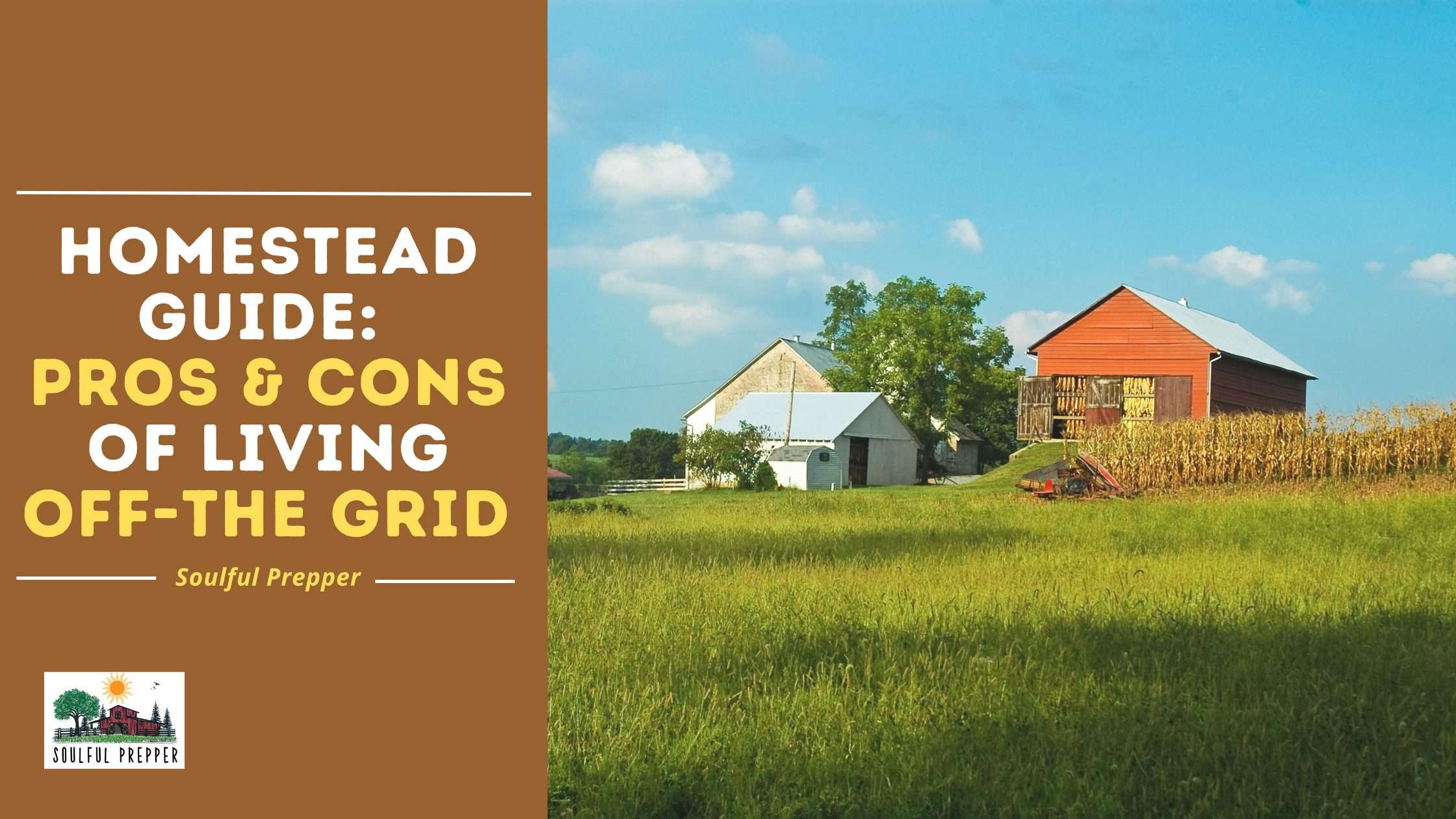
Safety concerns
Living off the grid often means limited access to emergency response services. In remote areas, emergency service providers may have difficulty reaching individuals in need in a timely manner. This can be a cause for concern, especially in medical or other life-threatening situations.
Furthermore, living in secluded areas can present safety challenges, as there may be a lack of neighbors or community members to rely on for assistance. It becomes vital for individuals living off the grid to develop self-defense and protection skills to ensure their safety and the safety of their property.
Conclusion
Living off the grid has its advantages and disadvantages. It requires careful consideration and a realistic assessment of personal preferences and individual circumstances. The initial costs, renouncement of everyday comforts, and need for self-sufficiency are significant challenges that must be weighed against the benefits of seclusion and sustainability.
However, with proper planning, dedication, and a willingness to adapt, living off the grid can offer a unique and rewarding lifestyle. It provides an opportunity for individuals to disconnect from the hustle and bustle of modern life and develop a greater sense of self-reliance and resilience. Ultimately, the decision to live off the grid should be made with thoughtful consideration of the potential pros and cons and a clear understanding of the commitment and sacrifices involved.
